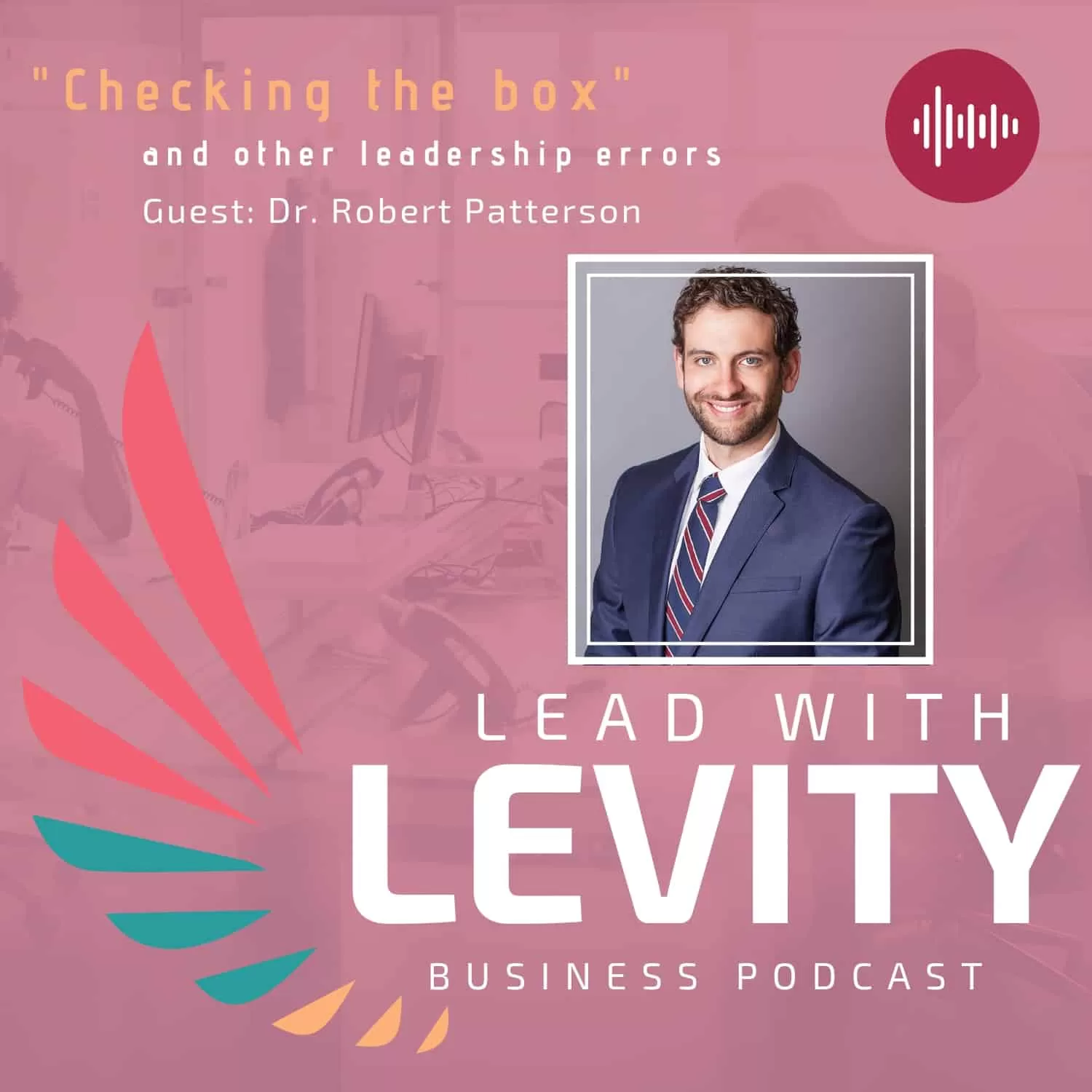In today’s post, we dive into an insightful conversation with Kelly Campbell, a trauma-informed leadership coach and author of “Heal to Lead: Revolutionizing Leadership Through Trauma Healing”.
Explore the impact of trauma in the workplace, the importance of trauma-informed leadership, and practical steps leaders can take to foster a compassionate and supportive work environment.
Understanding Trauma in the Workplace
Dr. Heather Walker begins the episode by welcoming Kelly Campbell and highlighting the pervasive nature of stress in the workplace. She underscores the importance of understanding how trauma can be stored in the body and manifest in various ways, affecting individuals’ interactions at work.

Kelly introduces herself as a trauma-informed leadership coach and shares her excitement about the growing conversation around workplaces becoming healing environments. She emphasizes that being a trauma-informed leader doesn’t mean acting as a therapist but rather holding space for others’ experiences and fostering a compassionate work environment.
What it Means to be Trauma-Informed
Kelly explains that trauma, derived from the Greek word meaning “wound,” refers to experiences that overwhelm our nervous system’s ability to cope, causing these experiences to be stored in the body. She describes trauma in terms of “unintegrated information” – information and experiences that remain unresolved within us.
Both Kelly and Dr. Walker discuss the importance of recognizing how trauma affects behavior and communication in the workplace. Kelly points out the significance of having trauma-informed leaders who understand these dynamics and strive to create psychologically supportive environments.
The Role of a Trauma-Informed Leader
A trauma-informed leader, as Kelly describes, is someone who has undergone training to understand trauma, its manifestations, and how to address it compassionately in the workplace. She differentiates between being trauma-aware, trauma-informed, and trauma-responsive, with her role focusing on the middle ground of being trauma-informed.
Kelly highlights the myth that being a trauma-informed leader requires one to act as a therapist, which is not true. Instead, it involves creating a supportive environment where team members feel safe sharing their experiences and challenges without fear of judgment.
Practical Steps for Leaders
Dr. Walker and Kelly discuss practical steps for leaders dealing with challenging scenarios. For example, they explore how to handle a scenario involving a manager named David, whose behavior of interrupting colleagues and making hasty decisions has caused frustration among his team.
Kelly suggests that addressing such issues involves making the leader aware of the shared impact their behavior has on the team. She recommends framing the conversation in a way that acknowledges the leader’s strengths while also highlighting the areas that need improvement. Kelly emphasizes the importance of asking for a commitment to change and providing support to help the leader grow.
Moving Towards Compassionate Leadership
Kelly shares that becoming a trauma-informed leader involves self-awareness, compassion, and the willingness to engage in one’s own healing work. She draws from Buddhist psychology and other practices that emphasize understanding and compassion for both oneself and others.
Dr. Walker adds that creating psychological safety – or rather, a psychologically supportive environment – is key to fostering a healthy workplace. They agree that while leaders need to hold space for their team, it’s equally important not to assume what support looks like for others but to ask and listen.

Integrating Levity into Leadership
Given the heavy nature of trauma-related topics, Dr. Walker shifts the conversation towards incorporating levity and joy into daily routines. Kelly suggests several ways to integrate fun and lightness, such as dancing, walking barefoot in nature, or even jumping on a mini-trampoline. She emphasizes the importance of engaging in activities that bring joy and grounding, highlighting that these practices can help alleviate some of the emotional weight carried throughout the day.
Looking Forward
Kelly shares her excitement about upcoming engagements, including speaking at various conferences and doing book readings in plant shops – environments she finds particularly joyful and refreshing. For those interested in learning more about Kelly and her work, she directs them to her website, KLCampbell.com.
Conclusion
In this episode, Dr. Heather Walker and Kelly Campbell provided valuable insights into the importance of trauma-informed leadership and practical steps for fostering a supportive workplace. By integrating compassion, self-awareness, and even a bit of levity into leadership practices, leaders can create environments where team members feel heard, valued, and empowered to thrive.
For more insightful conversations and tips on leading with levity, subscribe to the Lead with Levity podcast and check out future blog posts. If you enjoyed this episode, please leave us a review on iTunes.

Kelly L. Campbell (they/she) has been a social impact leader for over two decades and is a Trauma-Informed Leadership Coach to self-aware visionaries who know they were meant for more. An inspiring keynote speaker on the intersection of trauma integration and high-conscious leadership, Kelly also writes on these topics in her Substack (“The New TLC”), for Entrepreneur, and formerly for Forbes. “Heal to Lead: Revolutionizing Leadership through Trauma Healing” is Kelly’s radical new book on transforming trauma to uncover our innate leadership power and restore the world.









